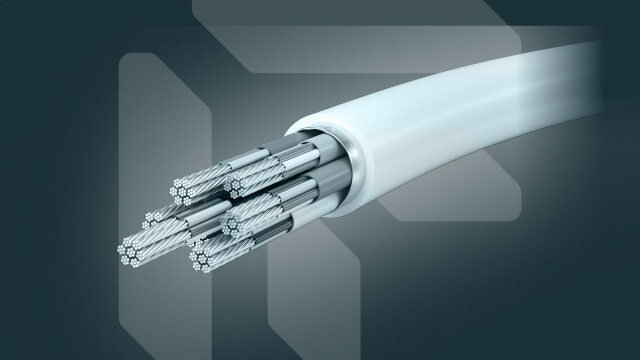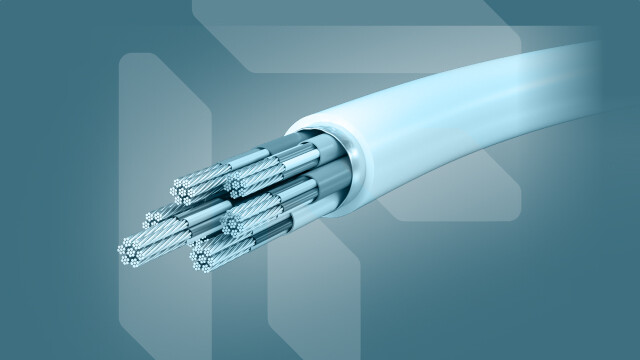Fuel Tank Safety (Phase 1+2) Initial Training
Fuel Tank Safety (Phase 1+2)
Initial Training
About the course
FORMAT
Video presentation with professional voice-over (pre-recorded, self-paced)
DESCRIPTION
FTS (phase 1+2) aviation online training program will include a short background, showing examples of the FTS accidents and incidents, the description of concept of fuel tank safety and Critical Design Configuration Control Limitations (CDCCL).
The examples of manufacturer's documents showing the CDCCL items, the cases of FTS defects, as well as the examples for maintenance instructions for inspection.
DURATION: 5 hours 1 minutes, equivalent to 8 hours of classroom training training time
OBJECTIVES
The attendant should, after the completion of the training:
- Have knowledge of the history of events related to fuel tank safety issues and the theoretical and practical elements of the subject;
- Have an overview of the regulations known as SFAR (Special FAR) 88 of the FAA and of JAA Temporary Guidance Leaflet TGL 47;
- Be able to give a detailed description of the concept of fuel tank system ALI (including Critical Design Configuration Control Limitations CDCCL;
- Be able to identify the components or parts or the aircraft subject to FTS from the manufacturer’s documentation;
- Be able to plan the action or apply a Service Bulletin and an Airworthiness Directive.
TARGET GROUP
FTS (phase 1+2) required for:
- Personnel, which is involved in planning, performing, supervising, inspecting and certifying the maintenance of aircraft and its fuel system components.
- Personnel involved in the aviation maintenance in accordance with Appendix IV to AMC to 145.A.30 (e)
- Personnel of the Part-145 organization required to plan, perform supervise, inspect and certify the maintenance of aircraft and fuel system components;
- Personnel of the Part-CAMO organization involved in the management and review of the continuing airworthiness of aircraft
- Personnel of the part 147 organization authorized to instruct on maintenance inspecting and certifying the maintenance of aircraft and its fuel system components.
EXAMINATION
- During the course, interactive questions are asked to make sure that students understand the course material
- Multi choice questions examination after 100% completion of the course. Pass mark – 75%;
- 1 re-examination possible after 24 hours (if both attempts failed, full course has to be completed again).
NOTE
- For Student account: the purchased course can be activated within the 6 months past the purchase date. Once the course is activated it must be completed within the period of 2 months.
- For Course Manager account: the purchased course can be activated within the 1 year past the purchase date. Once the course is activated it must be completed within the period of 2 months.
Watch Demo Video
Syllabus
Certification
Course: Fuel Tank Safety (Phase 1+2) Initial Training
€110

Sales Manager • FL Technics EASA Part-147 Training Organization
Ioane Benashvili
Interested in bulk orders (10+ courses)? Get in touch with our Sales Manager for personalized pricing and support.

HF + Safety
Initial Safety Training (Including Human Factors) (Based on GM1 145.A.30(e) & GM1 CAMO.A.305(g))

-80 €




